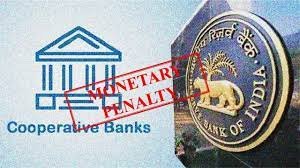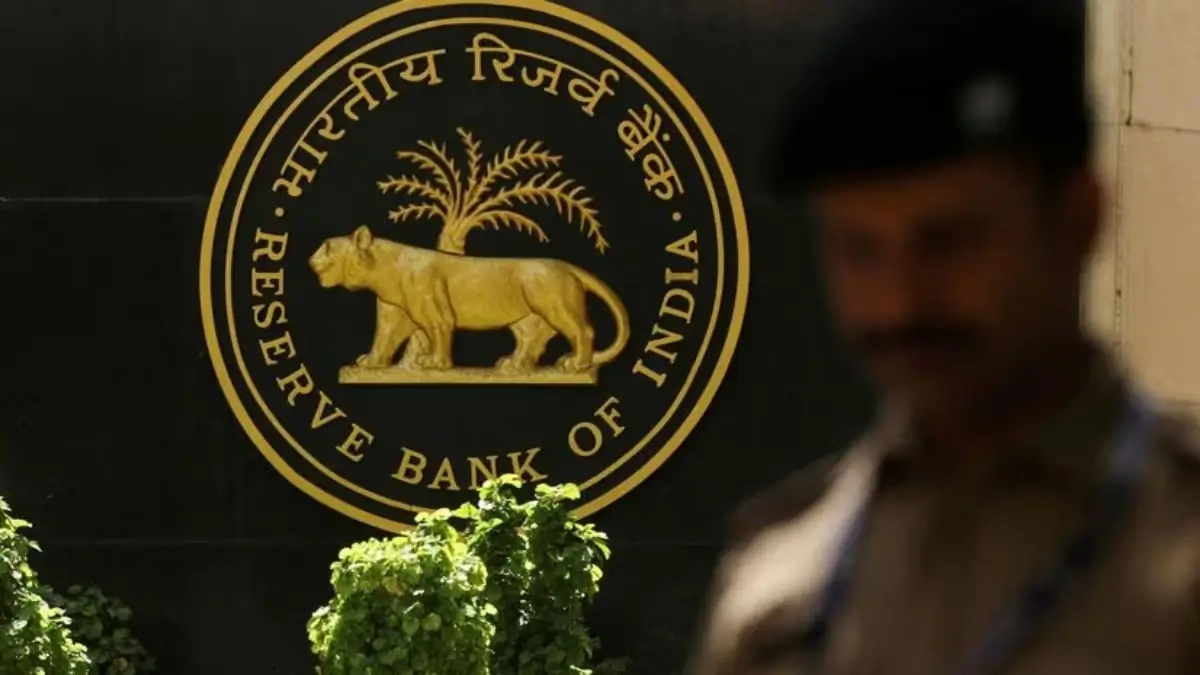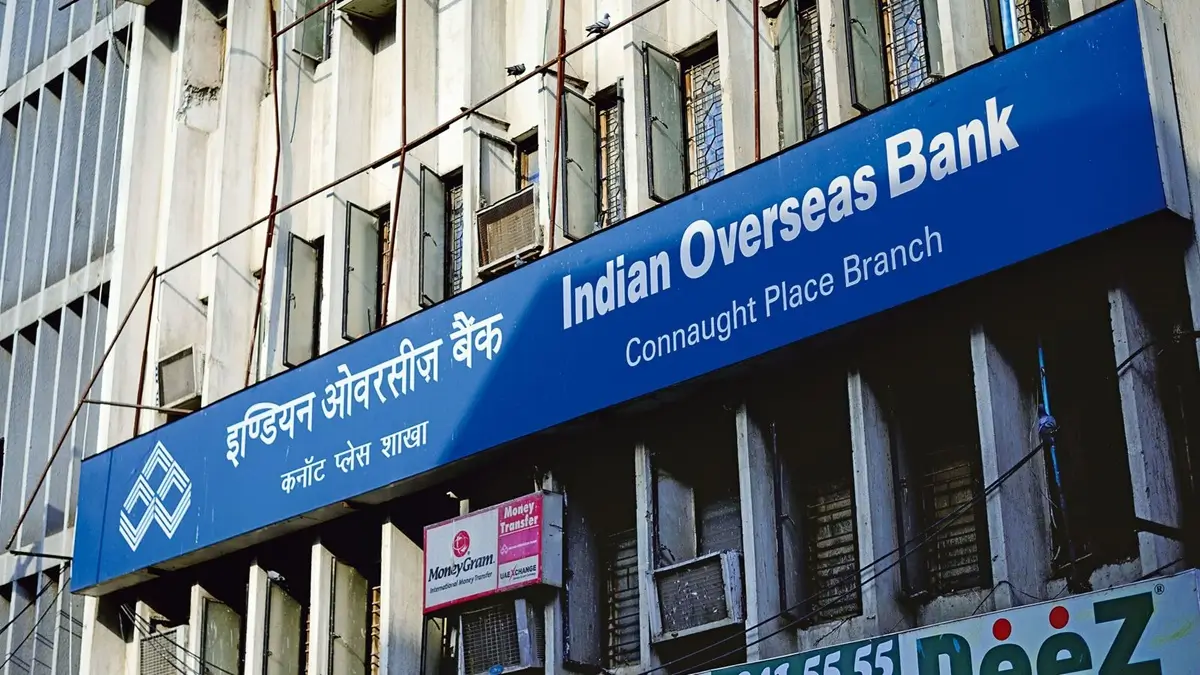RBI Imposes Fines on 5 Co-operative Banks: Ensuring Financial Discipline
The Reserve Bank of India (RBI) recently made a significant move by penalizing five co-operative banks for various non-compliance issues. This action emphasizes the regulator’s commitment to maintaining financial discipline and adherence to regulations within the banking sector.
Amidst growing concerns about regulatory violations and non-compliance with essential banking norms, the RBI imposed fines on these co-operative banks, signaling the importance of stringent adherence to guidelines. These banks, located across different regions, faced penalties for violating norms related to lending practices, asset classification, and regulatory compliance, as outlined by the RBI.
The penalized banks have been directed to rectify the identified issues and implement corrective measures swiftly to ensure adherence to regulatory guidelines. This move serves as a warning to other financial institutions, stressing the significance of compliance with prescribed rules and regulations to maintain the integrity of the banking system.

Why this News is Important:
Significance of Regulatory Action:
The RBI’s imposition of fines on these co-operative banks highlights the critical role of regulatory bodies in upholding the stability and trustworthiness of the banking sector. Such actions reinforce the necessity for financial institutions to comply with prescribed guidelines and maintain transparency in their operations.
Strengthening Banking Sector Integrity:
The penalties serve as a deterrent against non-compliance, emphasizing the importance of ethical conduct and strict adherence to regulatory norms. This contributes to bolstering public confidence in the banking system’s integrity and reliability.
Historical Context:
The banking sector has witnessed various regulatory reforms over the years, aiming to strengthen its foundation and ensure compliance with international standards. The RBI, as the primary regulatory authority, has consistently introduced measures to enhance transparency and accountability within banks, fostering a robust financial environment.
Key Takeaways from RBI’s Fines on Co-operative Banks:
| Serial Number | Key Takeaway |
|---|---|
| 1. | RBI penalized five co-operative banks for non-compliance. |
| 2. | Fines were imposed due to violations in lending practices. |
| 3. | Regulatory action emphasizes the importance of adherence to guidelines. |
| 4. | Banks are required to rectify issues and implement corrective measures. |
| 5. | The move underscores the significance of banking sector integrity and compliance. |
Important FAQs for Students from this News
Q: What prompted the RBI to impose fines on the co-operative banks?
A: The fines were imposed due to non-compliance issues related to lending practices, asset classification, and regulatory norms.
Q: What is the significance of the RBI’s action on the banking sector?
A: It emphasizes the importance of adherence to regulatory guidelines and strengthens public confidence in the integrity of the banking system.
Q: What steps are the penalized banks required to take after facing fines?
A: They are directed to rectify the identified issues and implement corrective measures swiftly to comply with regulatory guidelines.
Q: How does this move impact other financial institutions?
A: It serves as a warning, highlighting the necessity for ethical conduct and strict compliance with regulatory norms in the banking sector.
Q: What historical context informs the RBI’s actions?
A: The RBI has historically introduced measures to enhance transparency and accountability in the banking sector, aiming to maintain a robust financial environment.
Some Important Current Affairs Links

















